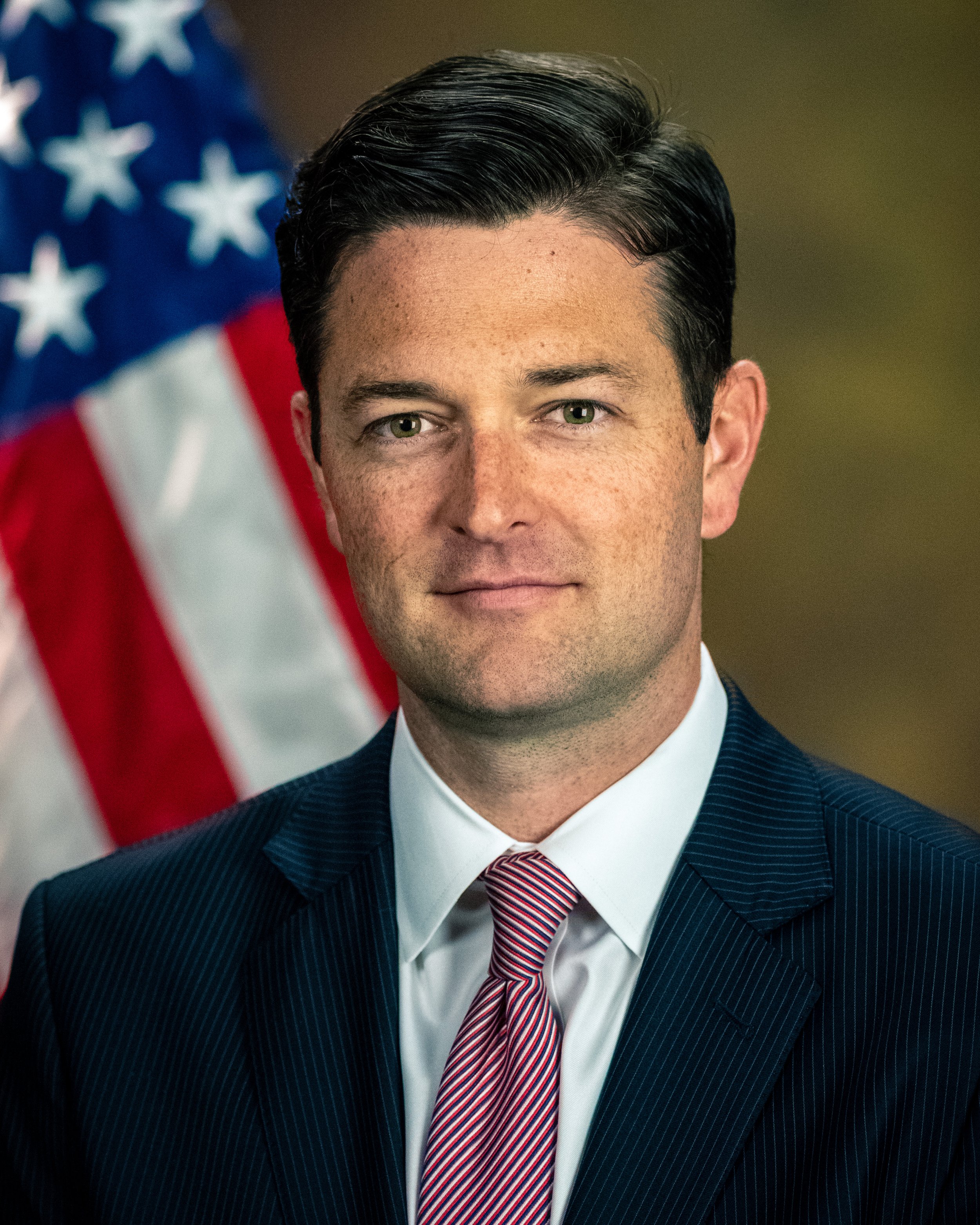ConsenSys Director of Regulatory Affairs Bill Hughes Says the Illicit Uses of Crypto Are Dominating Policy Talk in Washington
The former associate deputy attorney general at the Department of Justice gives us the lay of the land in terms of crypto regulation in Washington DC

Illicit finance, stablecoins and market structure are the major discussion points in Washington for the $1.6 trillion cryptocurrency market, according to Bill Hughes, senior counsel and director of regulatory matters at ConsenSys.
Hughes, who was previously the Associate Deputy Attorney General at the Department of Justice, led a panel at last week’s Blockchain Association Policy Summit on global crypto networks and U.S. national security. He also testified before the House Financial Services Committee regarding illicit finance. In an interview with Decential he spoke about obstacles to stablecoin regulation such as the long-standing turf war between the Securities and Exchange Commission and the Commodity Futures Trading Commission, recent moves to regulate the writing of blockchain software and possible reasons for SEC Chairman Gary Gensler’s devout rejection of crypto.
“With North Korean hackers and Hamas money laundering at the top of people’s minds, illicit finance is the preeminent issue and motivating factor for how they’re wanting to proceed with respect to policy,” Hughes said in the interview.
“The growth and perseverance of stablecoins is a prominent issue, in part because everyone agrees stablecoin legislation is a no brainer,” he said. “The hold-up is the stumbling block on federal versus state supervision, and how that should work under such law. There’s also the ever-present market structure question of the role and authority of the SEC and CFTC over digital assets.”
Being on both sides of the conversation, Hughes is a conduit between the crypto industry and Capitol Hill. He joined the legal team at ConsenSys to manage regulatory risks, product development and contribute to the policy debate by helping to educate lawmakers on the value and development of a programmable blockchain space. ConsenSys is the largest application development studio in the Ethereum ecosystem and was founded by Ethereum co-founder Joseph Lubin.
“We had the foresight (at ConsenSys) to understand that when you’re making software which allows people to do financial transactions on their own behalf, a lot of issues start to pop up, and a lot of regulators will have questions. There was a sense that we want to think about regulatory issues as we’re developing software,” Hughes said.
Software replacing the standard intermediary
Hughes believes the next major policy question which is getting teased in some bills is how we regulate the development and use of blockchain software, both smart contracts and interfaces.
“This is a controversial subject and very taboo. I’m not suggesting it be regulated in any particular way. I’m observing a number of pieces of legislation in front of Congress today that call for draconian regulation of the development and use of smart contacts and front ends in the United States,” he said. U.S. lawmakers should look to Europe for inspiration with how they’re tackling policy and aim to answer questions before putting forward legislation, he said.
We’re “relying on the courts to bring some sanity to the securities laws, because the SEC refuses” to bring regulatory clarity, Hughes said. In the next 12 months, he’d like to see regulation of centralized exchanges, stablecoins issued from the U.S. and to tackle how centralized intermediaries are being abused by bad actors in regard to illicit finance.
Heavy-handed regulation continues to be a threat to the industry, from the likes of lawmakers with a disproportionate influence over regulation in the financial sector. The big tech comparison is often used, said Hughes.
“If big tech was, quote unquote, properly regulated from the beginning, then this parade of horribles people point to with Google and Facebook controlling the Internet never would’ve happened,” he said. “This is the juxtaposition that people have been using. And so there’s a fundamental worldview that in the end, it ends in tears. That is the pro-regulation view. Senator Warren and Chairman Gensler view the technology as not good for anything, and it’s all cost and no benefit.”
In the case of SEC Chairman Gensler, Hughes believes the antagonism and aversion to crypto could be due to his ambitious agenda which goes far beyond crypto.
“It’s safe to say he views crypto as such a small, insignificant sliver of his $300 trillion capital markets that he as chairman of the SEC and his agency are charged with policing, that it’s perhaps offensive to him that he has to spend so much time explaining himself about crypto,” Hughes said.
It's going to take explicit instructions from Congress via legislation to change the dynamic, he said.
